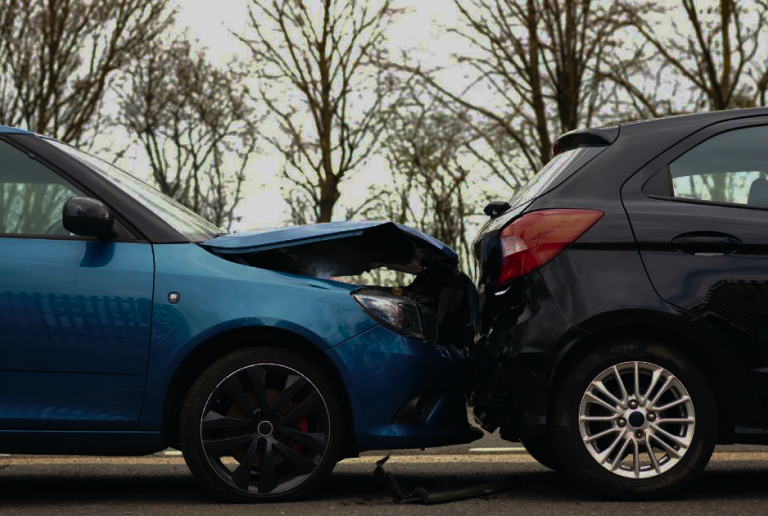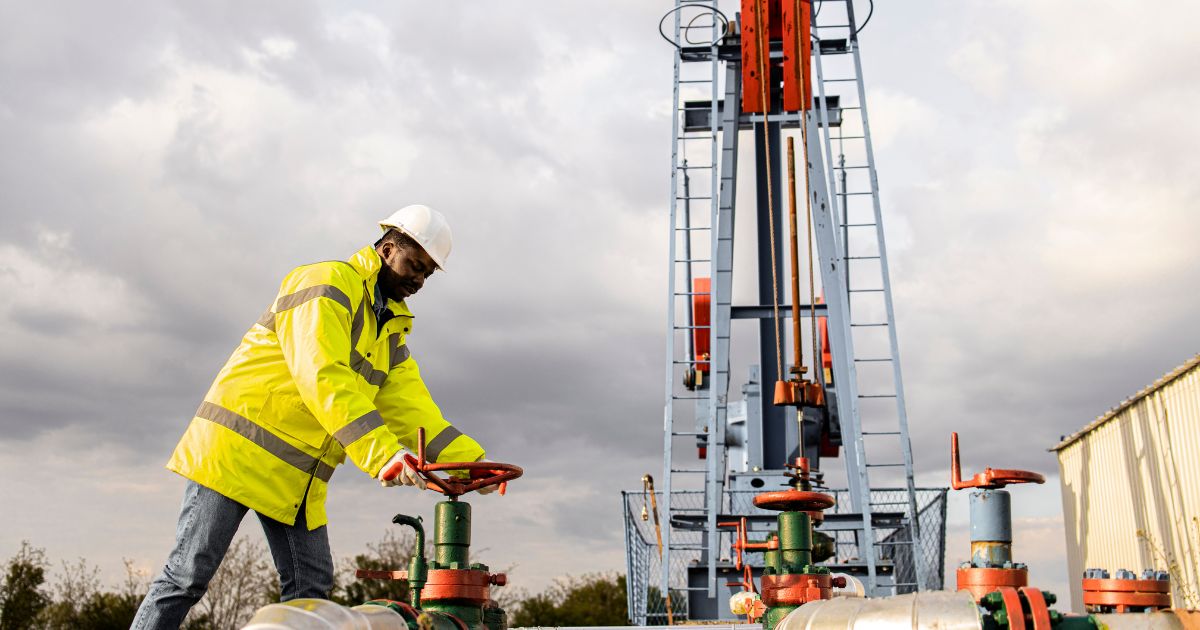Understanding Trucking Regulations: How They Impact Accident Cases

Commercial trucking is a heavily regulated industry, and for good reasons. When these vehicles are involved in collisions, the applicable regulations can play major roles in determining liability and compensation. When our Las Cruces truck accident lawyers investigate these crashes, trucking regulations are the first area of focus.
What Makes Trucking Accident Cases Different From Other Vehicle Accidents?
To start, the application of federal regulations in addition to state traffic laws creates a complex legal framework. In addition, multiple potentially liable parties can complicate claims, while more substantial insurance coverage requirements affect settlement negotiations.
Extensive documentation specific to the trucking industry must be analyzed, and greater potential damages due to the severity of injuries are common. Possible interstate commerce implications may further impact jurisdiction and applicable laws. These factors make trucking accident cases more legally challenging than typical car accident claims. They often require attorneys with specific knowledge of trucking regulations and industry practices.
What Are the Main Federal Trucking Regulations?
The Federal Motor Carrier Safety Administration (FMCSA) establishes and enforces regulations for commercial motor vehicles. These include:
- Hours of Service (HOS) rules that limit how long drivers can operate without rest, and Commercial Driver’s License (CDL) requirements.
- Vehicle maintenance and inspection standards.
- Weight and size limitations.
- Transportation of hazardous materials protocols.
- Drug and alcohol testing programs for drivers.
These regulations aim to prevent accidents by addressing hazards like driver fatigue, improper vehicle maintenance, and unsafe driving practices. When a trucking company or driver fails to follow these rules, it can constitute negligence in accident cases.
How Do Hours of Service Regulations Affect Accident Claims?
Hours of Service regulations limit truck drivers to 11 hours of driving after 10 consecutive hours off duty, and prohibit driving beyond the 14th hour on duty. Drivers must also adhere to 60/70-hour limits over 7/8 days and take mandatory breaks.
In accident litigation, attorneys review logbooks and electronic logging devices to identify violations, which can establish driver fatigue and support negligence claims against drivers or trucking companies.
What Records Can Be Used as Evidence in Trucking Accident Cases?
Trucking companies must maintain extensive records that can be valuable evidence in accident cases. These documents can reveal patterns of non-compliance with regulations or specific violations that contributed to an accident. However, obtaining these records often requires prompt legal action, as some may only be preserved for a limited time under federal requirements.
Key trucking records that can serve as evidence include:
- Driver qualification files, including driving history and medical certifications.
- Vehicle maintenance and inspection reports.
- Hours of service logs.
- Drug and alcohol testing results.
- Electronic data from onboard recording devices.
- GPS tracking information.
- Communication records between drivers and dispatchers.
How Do Weight And Size Regulations Impact Liability?
Regulations limit commercial vehicle weight and dimensions. Overloaded trucks have longer stopping distances, increased rollover risk, and brake wear; excessive weight raises accident severity.
Weight tickets, bills of lading, and loading records can prove violations, establishing negligence by trucking companies, loaders, and shippers in liability cases.
Does New Mexico Have Commercial Trucking Regulations?
Yes. The state follows FMSCA regulations but has some of its own that affect legal claims. First is the statute of limitations for filing a personal injury case for a truck accident; that is, three years from the date of the crash.
The New Mexico vicarious liability rule can also come into play. According to this rule, employers can be held accountable for the actions of their employees. If an employed truck driver were negligent and caused your crash, their trucking company employer could be held responsible.
In New Mexico, comparative negligence also applies to truck and car accidents. Multiple parties can be liable for damages; a plaintiff’s compensation may be reduced based on their percentage of fault.
Our Las Cruces Truck Accident Lawyers at Flores Mendez Law Can Help With Your Truck Accident Case
Our Las Cruces truck accident lawyers at Flores Mendez Law have knowledge of state and federal trucking regulations and will work diligently to investigate every aspect of your accident to build the strongest possible claim. For a free consultation, call us at 915-308-9999 or submit our online form. Located in El Paso, Texas, and Las Cruces, New Mexico, we serve clients in the surrounding areas.
Client Testimonials
PERSONAL INJURY
Practice Areas
If your case goes to court, you want a legal team that knows how to win at trial. Our lawyers have extensive trial experience, which can make all the difference in achieving a successful outcome for your case.








